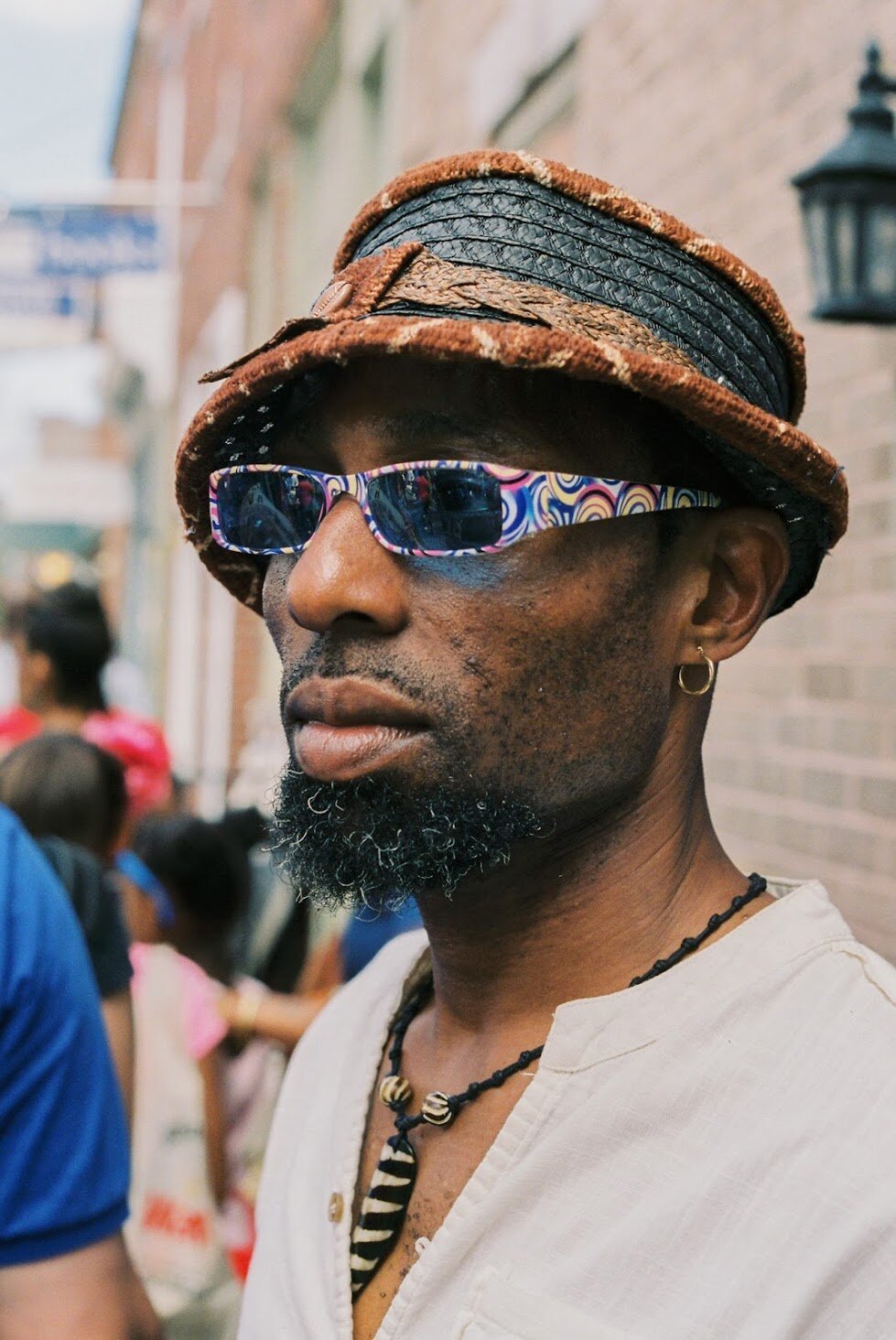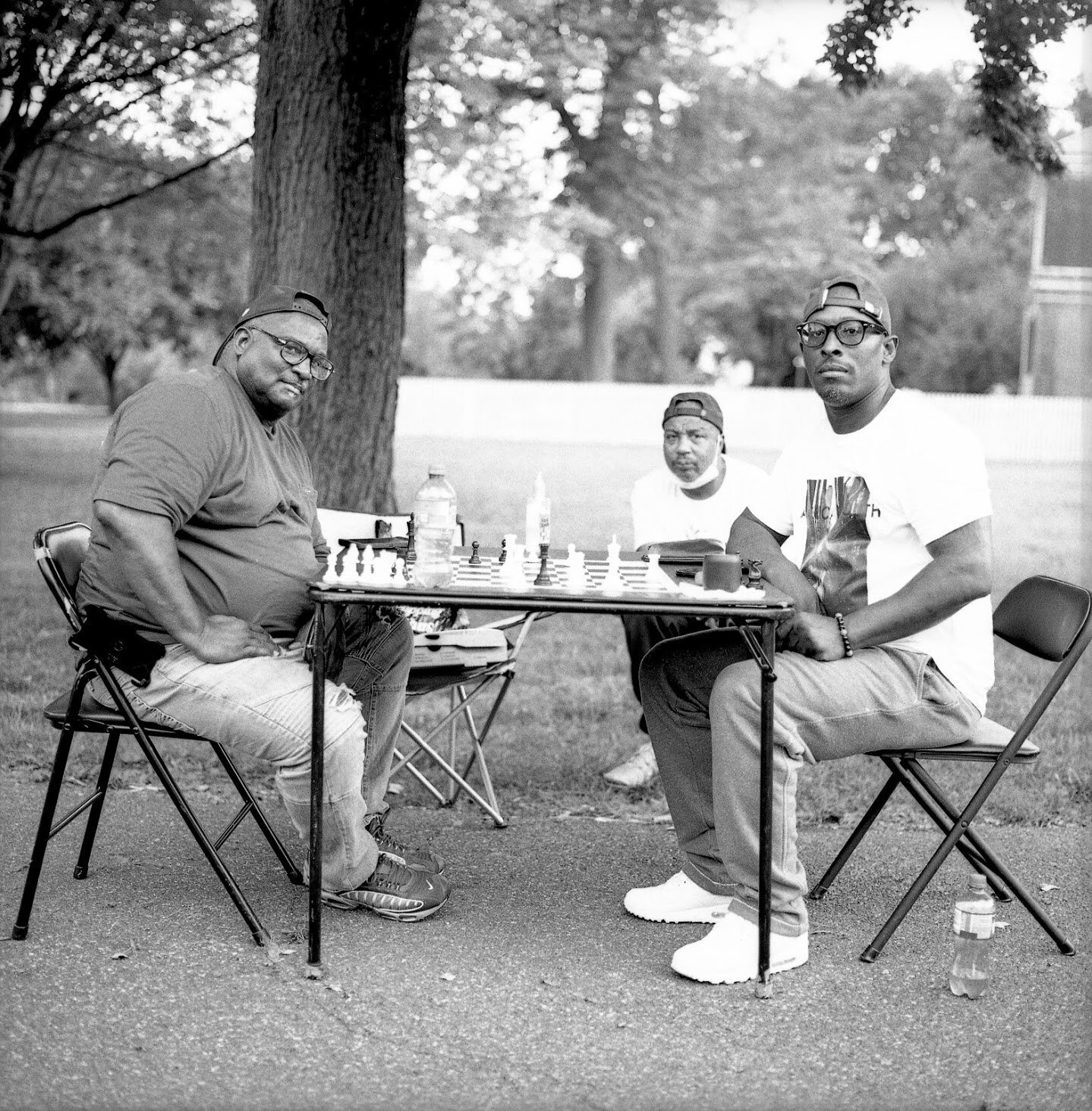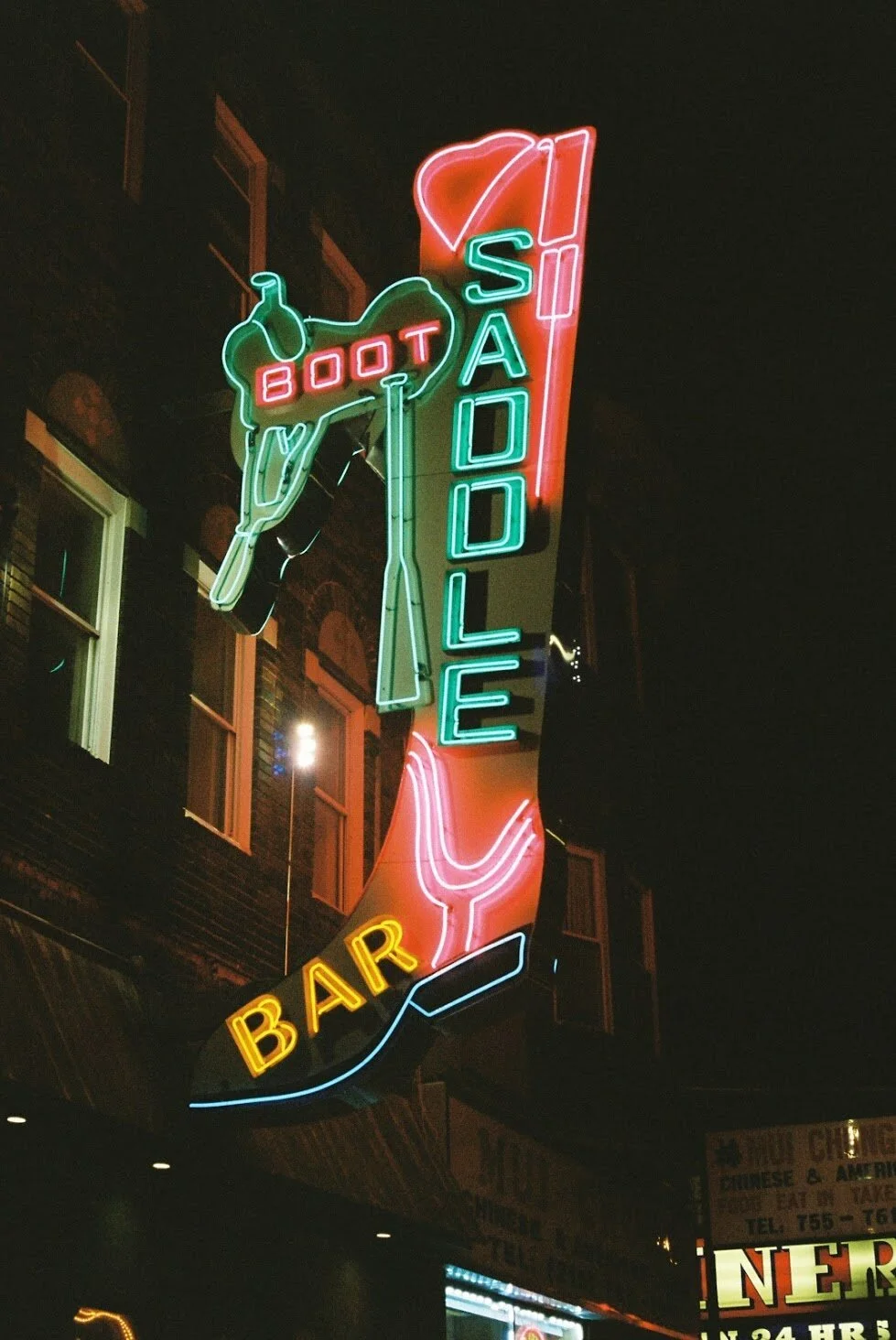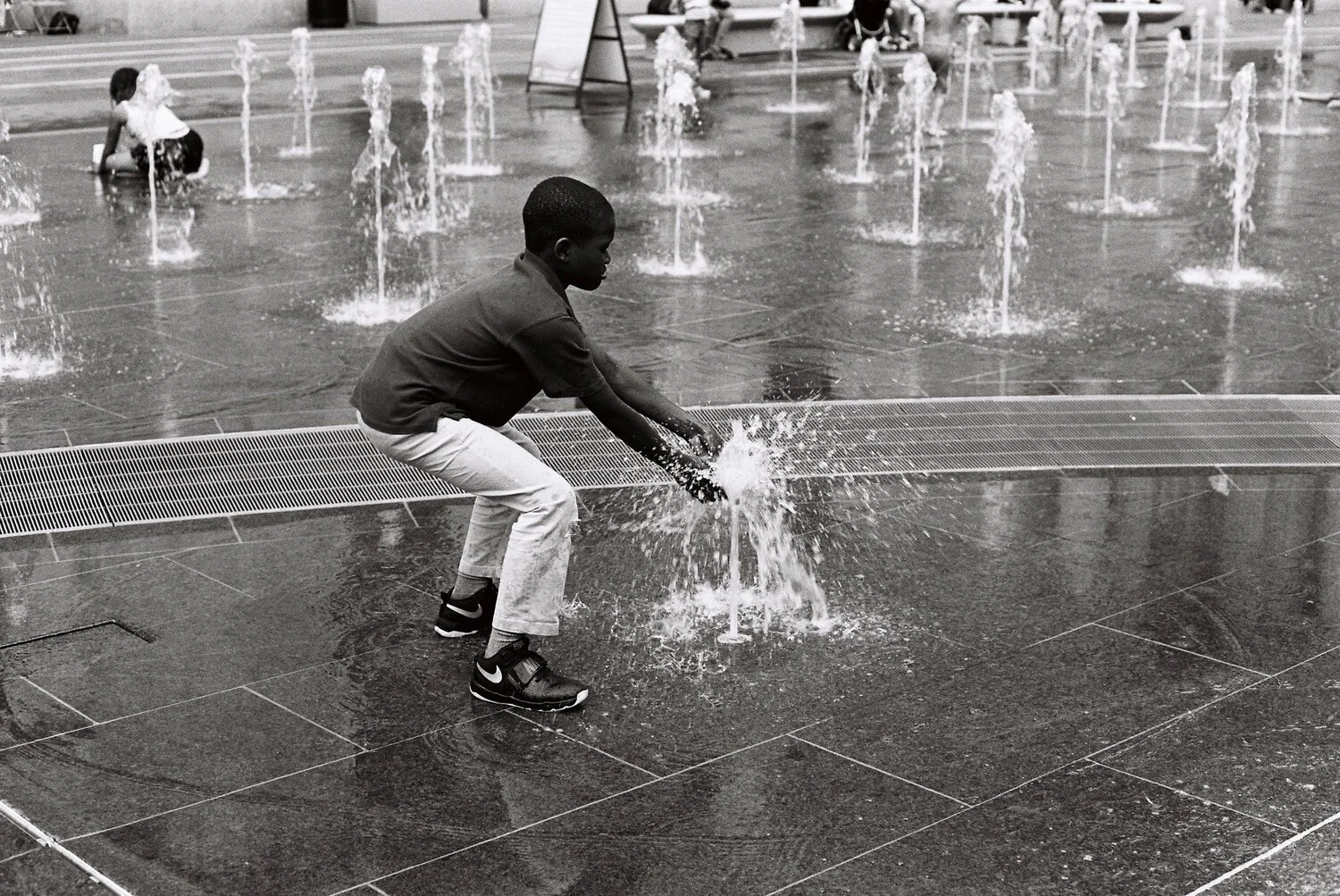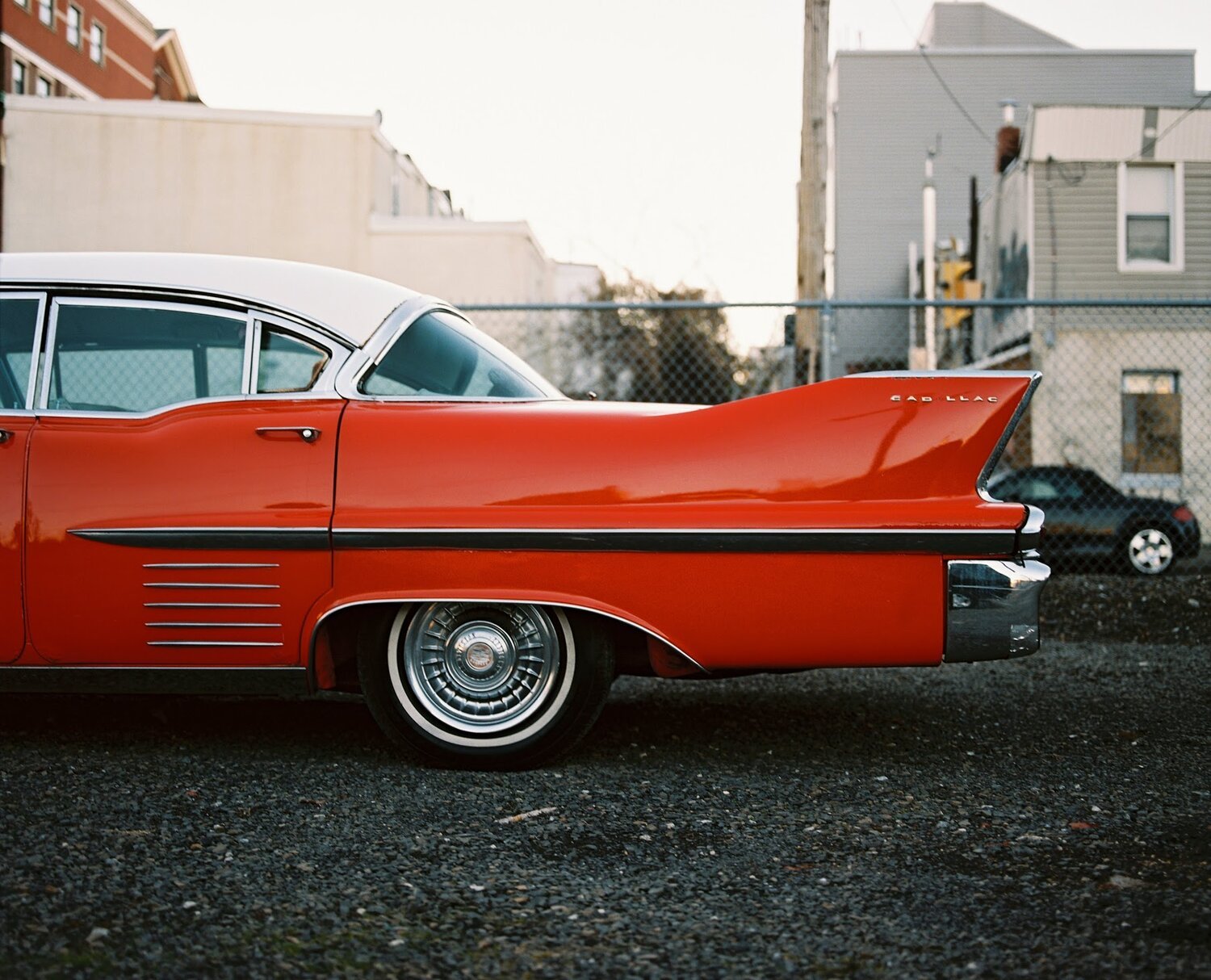An interview with stanley collins
Stanley Collins (b. 1992, Philadelphia, PA) is an inter-disciplinary artist — photographer, writer, and musician — and PhD candidate in sociology at Temple University based in Philadelphia. Stanley’s work is informed by the historical and social conditions that shape human interaction. In particular, Stanley’s work takes particular interest in the lived experiences Black people(s) and memory. His practice borrows from several traditions, including, but not limited to, portraiture, street photography, documentary, and more.
@stnlyjcllns
what inspires you to shoot on a day to day basis?
For me, photography is the practice of remembering: people, places, time. I think remembering is what inspires me to shoot on a day-to-day basis. There’s also another part of me that believes in what Garry Winograd once said: “I photograph to see what the world looks like in photographs.” I genuinely enjoy the process of seeing how the camera, through its technical innovations, reproduces, and archives moments. The camera’s not quite the eye, but it can come close in some cases.
it seems that a majority of your photography is film based. What draws you to do this format vs. digital?
Ironically, I would consider my first camera to be an iPhone. It’s what I had with me all the time, it’s where I started learning principles of composition and lighting. Even though I enjoyed making photos with my phone, I wanted to expand into other mediums of image making. I was at my aunt’s house one day, and I mentioned that I wanted to get a camera [an SLR]. After I mentioned this, my aunt told me that she had two cameras in the basement. I was a bit shocked, honestly, but they were a Canon AE-1 and a Canon AE-1 Program. She also had a bunch of lenses and other accessories – and she gave it all to me! I’m forever grateful to her for that, those cameras became my entry point into SLR photography. Now, even though I had these cameras I had no idea how to use them lol. So, I bought a book I saw in Urban Outfitters called “Read This If You Want to Take Great Photographs” by Henry Carroll. That book taught me so much about the more technical parts of photography – composition, aperture, shutter speed, ISO, and so on. I also spent a ton of time on YouTube watching tutorials on my cameras, how to read a light meter, how to load film into a camera and how to take film out of a camera (the first time I went to the film lab, I didn’t wind the film back into the canister and just opened the door – bad mistake). My decision to shoot primarily on film really came out of necessity; it’s what I had access to and what I learned with, and how I’ve learned to see, photographically. With that said, I do appreciate the physical nature of film photography, the quality and resolution of colors and tones. But I’m no snob when it comes to film vs. digital; they’re just tools, I believe in using whatever helps make the best image.
How has photography shaped your relationship with others & your surroundings?
For some context, I’m an only child, and I’m also a pretty reserved person, generally speaking. So, I would say photography’s helped me “open up” and has put me in situations that I probably would not be in if I didn’t have a camera. Photography’s also brought me closer to friends and family. A few years ago, I signed up for a one-week free trial on MasterClass and did the photography course that Annie Leibovitz taught. In it, she talked about the importance of photographing the people closest to you, family, and friends. Looking back at the photos I’ve made over the past few years at family functions, birthday parties, cookouts, church, and so on, I think that that was a lesson that has certainly resonated the most with me. I look at my role, if you will, in the family as being an archivist of some sort.

